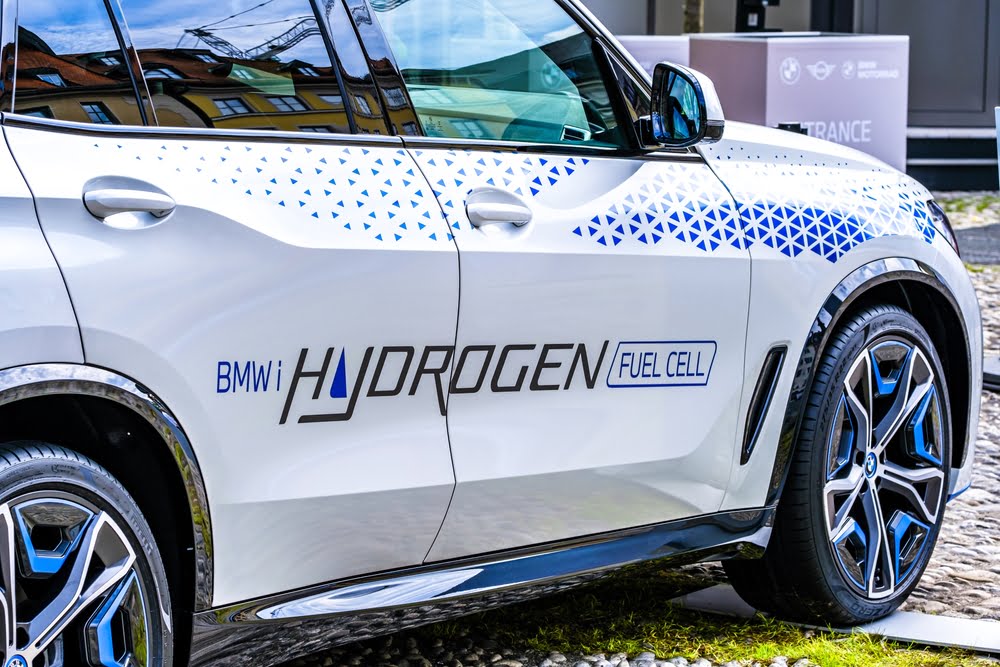Major car brands are renewing their commitment to hydrogen, with an eye to a sustainable future.
While critical questioning the feasibility of hydrogen cars, prominent players in the automotive industry have taken significant steps that signal a renewed commitment to hydrogen technology, a development that could give a new dimension to the future of sustainable mobility. As an innovative pioneer, taxi company Noot Passenger Transport from Ede purchased no fewer than 35 hydrogen cars from Toyota. After a successful test with taxis in The Hague, Brussels also shows that hydrogen is a viable alternative is for diesel.
Toyota, a pioneer in the world of hybrid cars, has not thrown in the towel after the challenging reception of their Mirai hydrogen car. Instead, there is a shift in focus. The Japanese automaker is delving into optimizing hydrogen technology for heavy-duty vehicles, a sector in which they are already leading. Their efforts continue with the development of more compact hydrogen tanks and more efficient fuel cells, which could reduce costs and make the technology more attractive for mass adoption. There are rumors about innovative tank designs that could enable integration into current car models, offering the prospect of a new generation of hydrogen-powered passenger cars.
Ford Trucks also recently confirmed its interest in hydrogen technology through a strategic partnership agreement with Quantron. This agreement foreshadows the integration of hydrogen into the heavy-duty vehicle product line and endorses the company's vision for a diverse future in vehicle propulsion. While the focus remains on further developing electric vehicles, Ford Trucks recognizes the potential of hydrogen as a complementary technology within their portfolio.

Germany's BMW sees hydrogen cell technology as an important pillar in the fight against climate change, in addition to battery-electric vehicles.
BMW has taken a clear stance in positioning hydrogen technology as an essential part of their long-term strategy for zero-emission transport. With the unveiling of the BMW iX5 Hydrogen, the company reflects the fruits of years of research and development and takes a step closer to its ambition to achieve net zero emissions by 2050.
IKEA, known for its affordable Swedish designer furniture, has also taken a step forward by introducing hydrogen trucks in Austria. This step is motivated by the need to increase the range of the existing fleet, especially for deliveries in less accessible areas. The introduction of five new fuel cell electric vehicles, supplied by the German Quantron, illustrates an innovative approach in IKEA's transport policy. This decision to diversify their modes of transport confirms a commitment to sustainability without losing sight of operational efficiency.
These developments in the automotive industry show that hydrogen cars may have a slower start than expected, but on innovation and collaboration can make a strong comeback. So the future of hydrogen in the automotive industry appears to be not by a thread but rather at the beginning of a new chapter of technological breakthroughs and sustainable developments.



